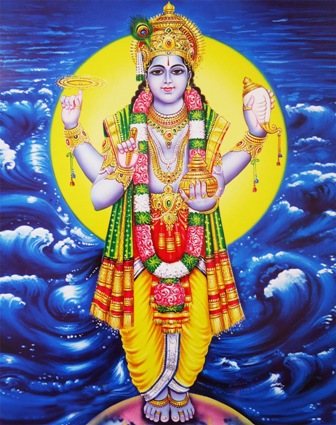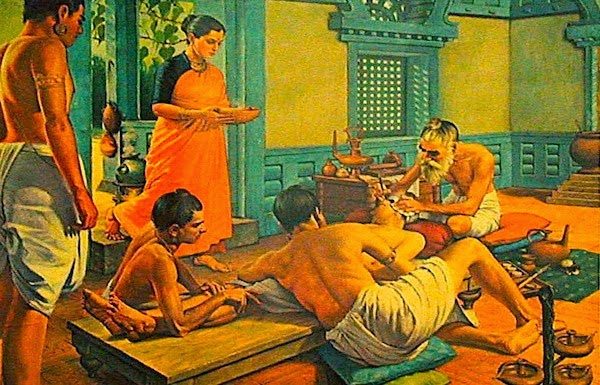Authentisches Ayurveda auf der Insel Rügen
Ayurveda is a nature’s gift to the mankind, which uses the inherent principles of nature to help maintain the health in a person by keeping the individual’s body, mind, and spirit in perfect equilibrium with nature.
Ayurveda is an ancient Indian Language Sanskrit term, made up two words “Ayus” and “Veda.” “Ayus” means life and “Veda” means knowledge or science, thus means ‘the knowledge of life’. Ayurveda is the science of life.
It is a holistic health system that has been passed down for thousands of years previously orally and later in literature. Therefore it is the oldest medical science. Ayurveda is the Mother of Medicinal system and it is a mainstream medical system in India
Every human is unique. Therefore we often react very differently to external stimuli, food or therapeutic applications. The most important principle in Ayurveda is the focus on individual tolerance. “One man’s poison is another’s medicine” is a quote from the ancient Ayurvedic Text.
Aims of Ayurveda
‘swasthasyaswasthyarakshanam Athurasyavikaraprashamanam’ [C.S.S-30/26]
The objective of Ayurveda is to protect the health of a healthy individual and to alleviate disorders in the diseased.
Swasthya Rakshana (Preventive)
Swasthya Rakshana is to safeguard health by following ‘Dinacharya’ (Daily routine), ‘Rithucharya’ (seasonal regimen), ‘Swasthavritta’ (rules & regimen to be followed for a healthy living), Rasayana (rejuvenation), Vajeekarana (virilification and aphrodisiac) etc.
Vikara Prashamana (Curative)
Vikara prashamana explains about the treatment of diseases, which are manifested by a violation of the rules and regimen explained for a healthy living.
Origin of Ayurveda
Ayurveda ‘the Science of Life’ is a holistic system of medicine from India, which evolved in Ancient India 6000 years ago. Ayurveda is one of the branches of Vedas. It is regarded as Upaveda of Atharva-veda also it is a stream of the knowledge coming down from generation to generation since eternity parallel to the Vedic literature.
The fundamentals of Ayurveda can be found in Hindu scriptures called the Vedas-the ancient Indian Holy books of wisdom. The Atharva-veda, which was written over 6,000 years ago, contains vast information about illness and medicinal preparations to treat it and that can help humans overcome various health disorders.
Astanga Ayurveda
Ayurveda has eight branches. A number of treatises were composed on each branch making all of them full-fledged specialties, but at the same time keeping room for inter-disciplinary approach and coordination. Two specialties developed to a greater extent making two distinct schools.
- Dhanwantari Sampradaya- School of Surgery
- Atreya Sampradaya- School of Medicine




